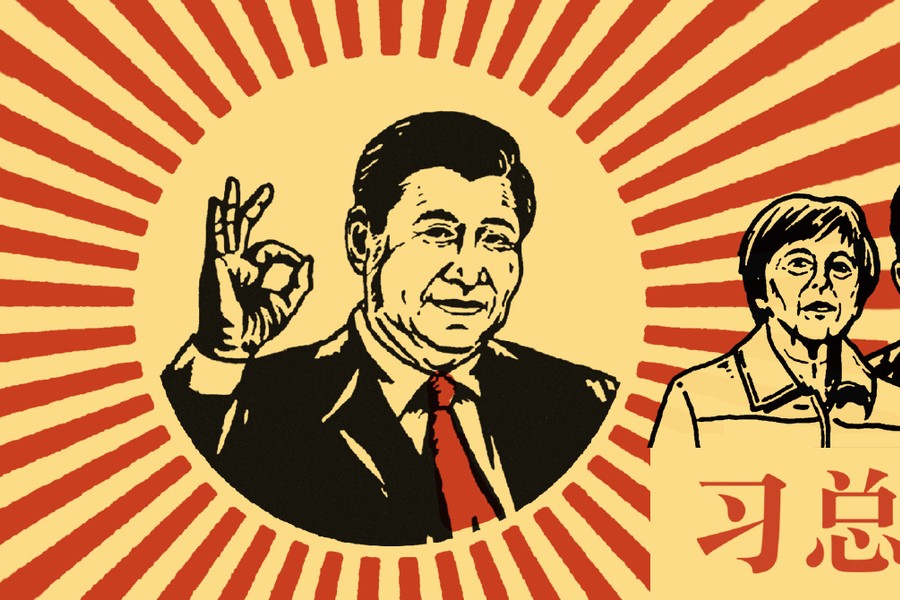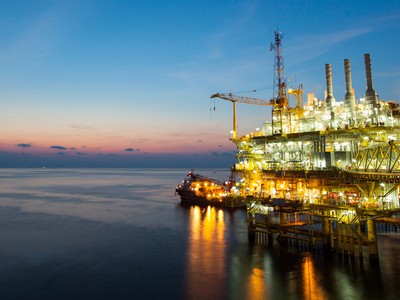By my calculations that means viewers have spent at least 31,000 days hearing Donald Trump talk about the East Asian powerhouse. With these numbers in mind, YouTube watching economists would be forgiven for putting weak Chinese economic data down to the Trade War rhetoric; I disagree.
The relevance of why I disagree is this: if you believe the Trade War is driving the Chinese economic slowdown, a pragmatic solution provides upside to the economy and perhaps to global stock markets. If however you believe structural concerns are the more influential driver of China’s slowdown, then Xi Jinping rather than Donald Trump becomes the person of interest.
To explain why I disagree needs a brief understanding of modern Chinese economic and political history. In 2012 Xi Jinping became President of China, but importantly did so with a weak mandate and an unimpressive recent performance in other ministerial roles. That meant that when the Chinese economy began to slow in late 2014, Xi didn’t have the political capital to tolerate a recession.
The first thing to look at is why the Chinese economy began to slow. I believe that, simply put, to understand the slowdown is to understand the idea of diminishing marginal returns. This economic principle says that, where one factor of production is fixed (i.e. labour), the addition of the variable factor (i.e. capital) produces diminishing returns. If you allow me to stretch this principle to China’s significant investment in factories, infrastructure and housing in recent years, then you can see that, against stagnant population growth – as a result of the one child policy - the addition of another empty apartment block or another bridge to Hong Kong is likely to have low marginal returns.
Creative destruction is a necessary evil of capitalism.
Why does that matter? Well, under a traditionally capitalist model, a project would only go ahead where the returns on capital are greater than the cost of capital. As a result of diminishing marginal returns, simple economics would tell you that Chinese economic growth should slow as sequential projects are turned down as a result of that constraint.
So against 2014’s backdrop of a slowing economy, a political leader in a weak position and “made in China” global recessionary fears, China flooded the market with debt funded monetary and fiscal stimulus. The risk to the Communist government was too great so Xi threw fuel on the flames.
China returned to growth, the global economy continued on its merry way and stock markets begun once more to climb the wall of worry.
Against 2014’s slowing economy, China flooded the market with debt funded monetary and fiscal stimulus.
Whilst debt funded stimulus papered over the cracks by reducing the cost of capital to allow further growth in the near term, it added to a second limitation to growth for China; their consistently high debt levels. At more than 250% today and around 200% in 2014, Chinese total debt/GDP is higher than almost any other nation. Whilst one can argue that the majority of this debt is internal and can be managed by the communist Government, financial stability appears undeniably precarious.
Back to the politics, and after two years of debt fuelled strong growth, the next important point on the timeline was Xi’s consolidation of power at the 19th party congress in October 2017. Here he was able to marginalise certain political factions, gain support from the central military commission and push through the constitutional amendment removing the presidency’s term limit; Xi had moved from a position of political weakness to one of great strength.
And that takes us to today, where I believe that we are beginning to see the sugar rush stimulus of 2015 wear off and diminishing marginal returns again pressuring economic growth. If I’m right that recent growth has been nothing more than a hiatus from the problems of the previous slow-down then the important thing to ask ourselves is what is Xi Jinping’s most likely reaction?
On the one hand one must remain cognisant that to retain control, the Communist government must continue to provide prosperity and growth; that implies another bout of stimulus to both the Chinese and the global economy.
But on the other hand it must be believed that China now has a long term prerogative to grow its importance and relevance in the global economy. This implies that long term financial stability is necessary and, from a position of strength, may mean that now is the time for Xi to allow growth to slow and the demise of unprofitable companies through the creative destruction that is a necessary evil of capitalism.
There are many moving parts within the financial world that we like to think that we can reasonably forecast. Unfortunately, Chinese politics is more likely to be one where we’ll just have to wait and see.
Illustration by Adam Mallett




